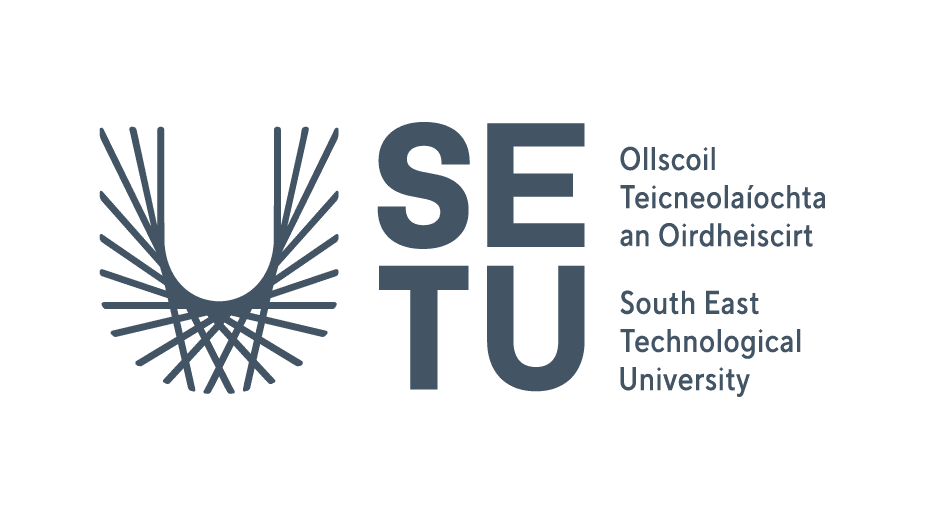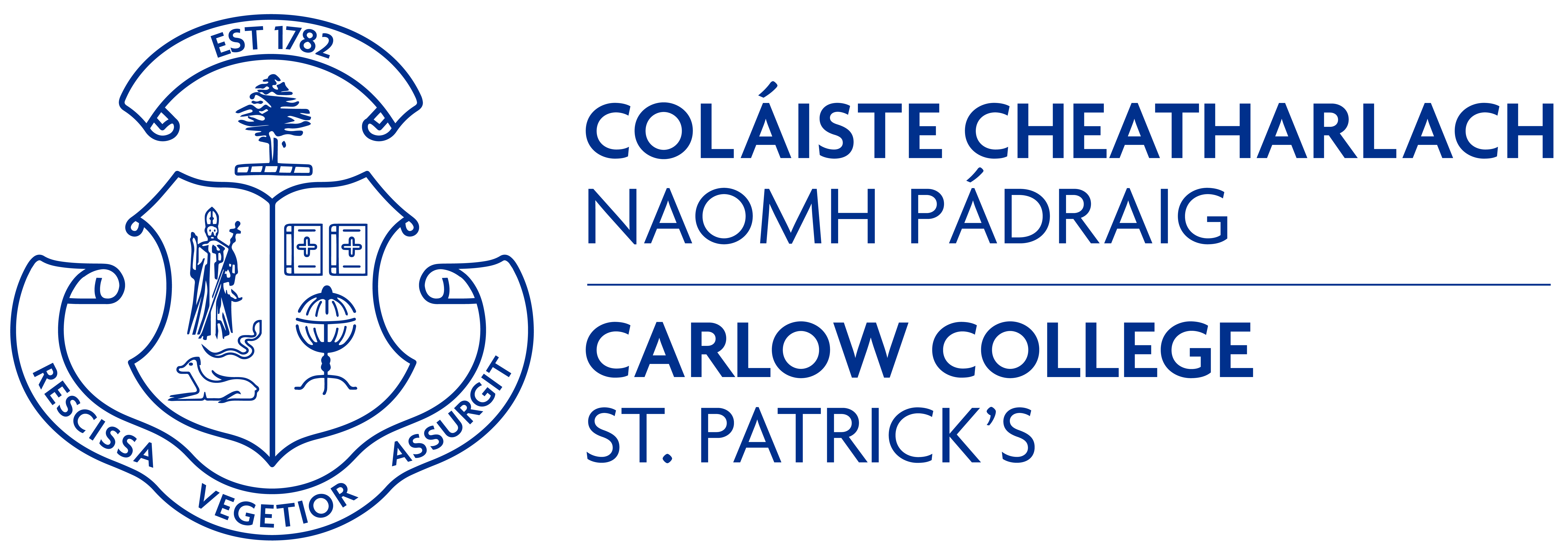Higher Diploma in Arts in Journalism & New Media Content
Level
8
Delivery
Blended
Duration
1 year
Fees
€2,500 Funding available
Start
January
Award
Major
Why Study This Course?
Upskill in Digital
Upskill in new media and curating compelling content for digital platforms
Practical Projects
Collaborate in the production of a print magazine and learn the different roles and processes involved
90% Online with Specialised Workshops
Flexibility to learn while you work with classes held online two evenings per week, plus a small number of Saturday workshops in Semester 2.
This programme was co-designed and is delivered in partnership with South East Technological University (SETU) Carlow. The Higher Diploma in Journalism and New Media Content is a programme designed to attract, train and educate a cohort of individuals who wish to have careers as writers in the cognate fields of journalism, media and communications; anywhere where precision and facts are vital to the success and empowerment of employers, audiences and democracy.
The programme is also aimed at those already working in media and journalism who might want to engage with deeper views and new methods to improve and expand their practice. Each module is designed to provide a comprehensive education and training in the skills, competencies and knowledge needed to become a journalist and/or media content creator.
Students will learn to construct stories factually, engagingly, and appropriately for different media platforms and audiences. Students will go beyond the mere training needed to write accurately in the journalistic mode and further their practice by engaging with advanced academic work to unveil deeper knowledge about the theory and practice of journalism and media writing.
Who is this programme for?
The programme is aimed at those already working in media and journalism who might want gain a formal qualification or to engage with deeper views and new methods to improve and expand their practice. It is also ideal for those looking to start their career in journalism or media content creation.
Duration
- Two x 12 week semesters
- Two evenings a week – Tuesdays & Thursdays (online) plus fortnightly Saturday morning classes (online) in Semester 1
- In Semester 2, a small number (2-3) of Saturday broadcasting workshops (on-campus) are required
You will studying the following modules:
• News Gathering and Reporting 1
• Feature Writing
• Media Law, Values and Ethics
• Media Entrepreneurship
• Reporting and Publication
• Broadcasting
• Digital Journalism and Storytelling
It is recognised that the journalism and media landscape is undergoing enormous changes and that traditional content, consumers and modes of production are evolving rapidly. The structure and content of the Higher Diploma in Arts in Journalism and New Media Content recognizes the need to prepare graduates for these challenges. The ability to reflect on one’s own practice is a core element of many modules.
Students will also learn the entrepreneurial skills needed to run their own writing organisation, which is a necessary addition in a very competitive and evolving market. Additionally, the module in digital platforms and storytelling will open the student writers’ minds to the possibilities offered by the global media network of journalism platforms. It will facilitate their transition from writer to expert disseminator of facts, and master of the exposition of stories for appropriate audiences. Their work and approaches will be imbued with an understanding of the need to underpin their activities with accepted journalism values, practices and professional behaviours.
Kieran Murphy | Freelance Sports Writer
Why did you choose to study the HDip?
I have been a freelance sports writer contributing mainly to the Carlow Nationalist but do get a random number of commissions from the national media such as match reports. I am aware I would be weak around issues relating to the internet, social media and new media studies such as using making videos as part of a report. So, I felt I needed to learn a little bit more.
There was also a little unfinished business in my life in that I have relatively few qualifications and I felt I would like to go back to college and learn a little more in a modern environment.
How do you feel is has helped upskill you for your future career opportunities?
I have been a freelance reporter for many years now without any qualification. Having studied for this Higher Diploma it has been me greater confidence in the journalistic environment and I am familiar with many of the terms used in job descriptions which are advertised in the trade.
Would you recommend this course to others?
I would recommend this course to anyone who is in journalism or would like to get into journalism. For those already working in a journalism environment and who may not have a qualification this course is a must-do. The modules were well chosen with the basics of journalism in relation to ethics, news reporting, feature writing and new ideas developing the student before Christmas while the New Media Studies and Publication aspects of the second module complimenting the work done earlier.
Finola Hayden
Why did you choose to study the HDip?
When I was filling out my CAO form there was no course of this nature in Carlow so I had to travel else where. I had a keen interest in journalism and I was lucky enough that this course was created just after my undergraduate degree. It was the perfect hybrid of traditional forms of journalism as well as the emerging digital storytelling era.
How do you feel is has helped upskill you for your future career opportunities?
I feel well rounded in many aspects of journalism. It covered the PR and communications side well. This skills are easily transferable throughout many different careers
Would you recommend this course to others?
I would. It is a balanced course that touches base with many different aspects of journalism
Entry Requirements
All applicants will be considered on a case-by-case basis. Applicants who do not have a Level 8 qualification at a 2.2 award level and who have relevant work experience and or other certificates and qualifications may also be considered through the Institute’s RPL procedures. Relevant professional experience may be considered and individuals will be assessed on a case-by-case basis through RPL procedures.
SETU reserves the right to require applicants to attend for interview to determine their suitability for the programme.
Fees
Course fees are €2,500 for the Higher Diploma in Arts in Journalism & New Media Content.
For the January 2026 intake, funding is available through Carlow Kilkenny Skillnet which means learners will only be required to pay a balance of €695.
Applications
To apply, applicants must first complete the Expression of Interest form with Carlow Kilkenny Skillnet here
Once applicants receive funding approval from Carlow Kilkenny Skillnet, SETU will issue an online application form to complete the formal entry requirements.

The Higher Diploma in Arts in Journalism and New Media Content
is awarded by the South East Technological University.
Course Contacts

